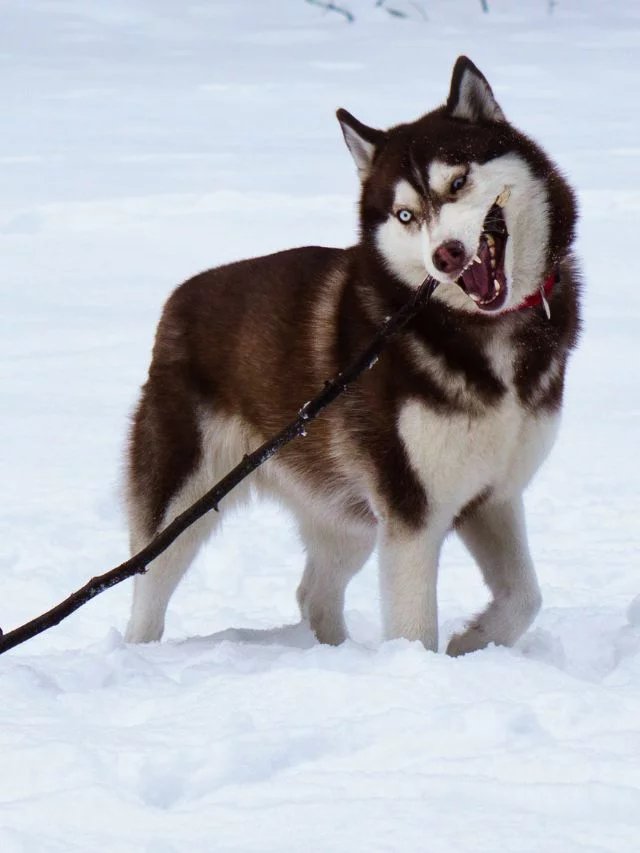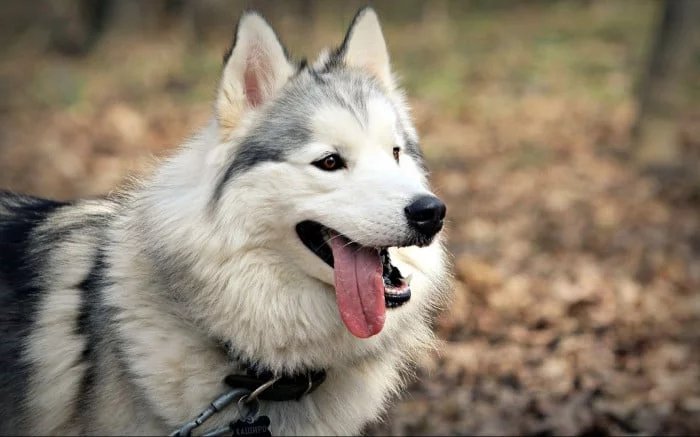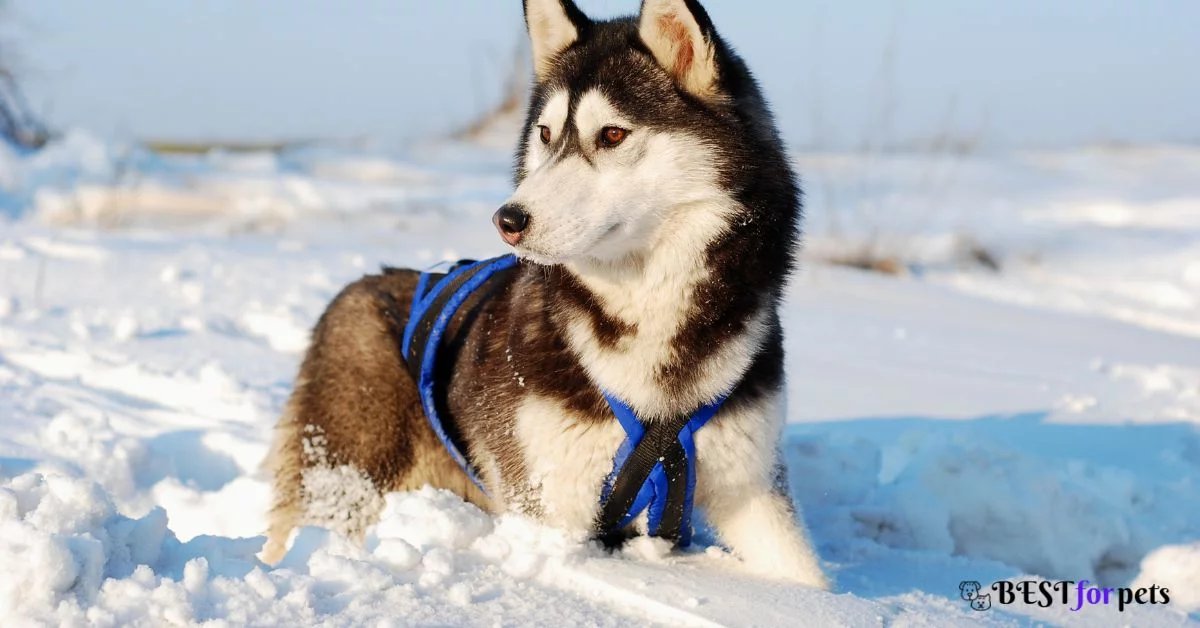Siberian Husky Puppies For Sale across India

Beautiful Siberian Husky puppy for sale in Kolkata
| Price: | ₹38000 |
|---|---|
| ID: | 239175 |
| Gender: | Male |
| Location: | Kolkata-India |

Smart, magnificent Husky puppies for sale in Mumbai
| Price: | ₹41000 |
|---|---|
| ID: | 239176 |
| Gender: | Male & Female |
| Location: | Mumbai-India |

Dynamic, Resilent white Siberian husky waiting for home in Pune
| Price: | ₹42000 |
|---|---|
| ID: | 239177 |
| Gender: | Male |
| Location: | Pune-India |

Buy Well-bred, charmful Siberian husky puppy from Chennai
| Price: | ₹51000 |
|---|---|
| ID: | 239178 |
| Gender: | Female |
| Location: | Chennai-India |

Very sweet and joyful husky for sale in Vizag-India
| Price: | ₹47000 |
|---|---|
| ID: | 239179 |
| Gender: | Male |
| Location: | Vizag-India |

Family friendly Siberian husky puppies ready to home in Bangalore
| Price: | ₹50000 |
|---|---|
| ID: | 239180 |
| Gender: | Male & Female |
| Location: | Bangalore-India |

KCI registered Siberian husky pup for sale in Goa
| Price: | ₹35000 |
|---|---|
| ID: | 239181 |
| Gender: | Male |
| Location: | Goa-India |
//Prices//
Siberian Husky Price In India
The price of a healthy pure Siberian husky in India can vary greatly depending on the location, age, Gender, breed type, and health, On Average Siberian husky price in India can range between Rs 40,000 to Rs 70,000.
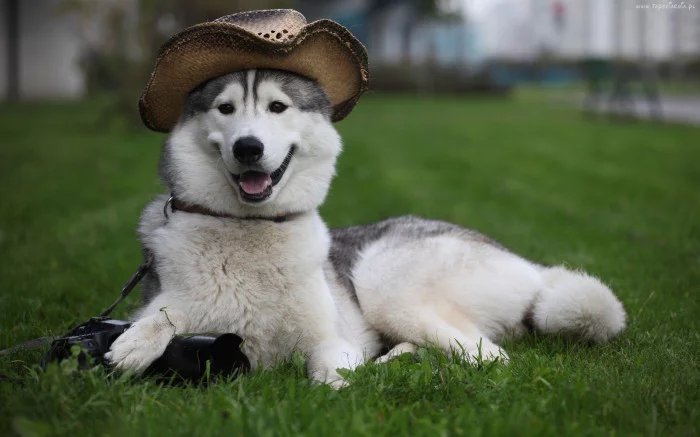
Various Factors That Affect The Siberian Husky Price
Considering all factors, Best For Pets gives you the most affordable Siberian Husky dog price in India. We help you purchase healthy and adorable pets without charging sky-high prices. Being the breeders and sellers of Huskies, we ensure that the price you pay is not even a rupee more than what is necessary. Our team has always been conscious of the Siberian Husky price in India and does its best to control the same.
1. Location
Where the Siberian husky is located can affect the price. If it’s in a large city like New York, then there are likely more Siberian huskies than in a small town. That means that the Siberian husky would be worth more in a place where there are fewer of them available.
2. Age
When you buy a puppy, the age at which you purchase it will also affect its value. Older dogs have had time to learn new tricks and have been well cared for during their life so they will cost more than when they were younger.
3. Gender
The gender of the Siberian husky will also affect its price. Female dogs are sometimes considered better than children because they tend to be smaller.
4.Breed Type
There are different types of Siberian huskies including purebreds, mixed breeds, and designer breeds like Labradoodles. Mixed-breed Siberians usually don’t carry the same type of genetic problems as some purebred dog breeds. Usually, a rare breed of dog will cost high.
5. Health
A Siberian husky’s health will also affect husky price. Dogs with good health are generally worth more because people want healthy puppies who won’t cost extra money in vet bills later down the road.
Siberian Husky Price In India: Affordable Siberian Huskies In India
If you can take good care of your pet, you can buy a Siberian Husky almost anywhere in India. Whether you live in a crowded metropolitan city or a small town, you will get the best Siberian Husky price in India from Best For Pets. We breed and send these adorable puppies to all corners of India. Irrespective of where you live, rest assured that you will get a Siberian Husky puppy at the most affordable price.
Interesting Facts About Siberian Husky
- Siberian Huskie are usually white with accents of black, gray, or brown fur .
- Siberian Huskies has a high prey drive and require plenty of exercises .
- Siberian Huskies are very intelligent and easy to train
- Siberian Huskies are very intelligent and easy to train
- The breed originated in the Ural Mountains in Russia, where they were bred for centuries as sled dogs
- Siberian husky is a distant cousin of the Alaskan Malamute, which means it can be difficult to distinguish between the two breeds
- Siberians shed heavily twice a year, so make sure you’re ready for that extra grooming.
- Siberian huskies love water. They will spend hours playing in lakes or rivers if given the chance. If you plan on getting one of these beauties make sure there’s somewhere nearby for them to swim.
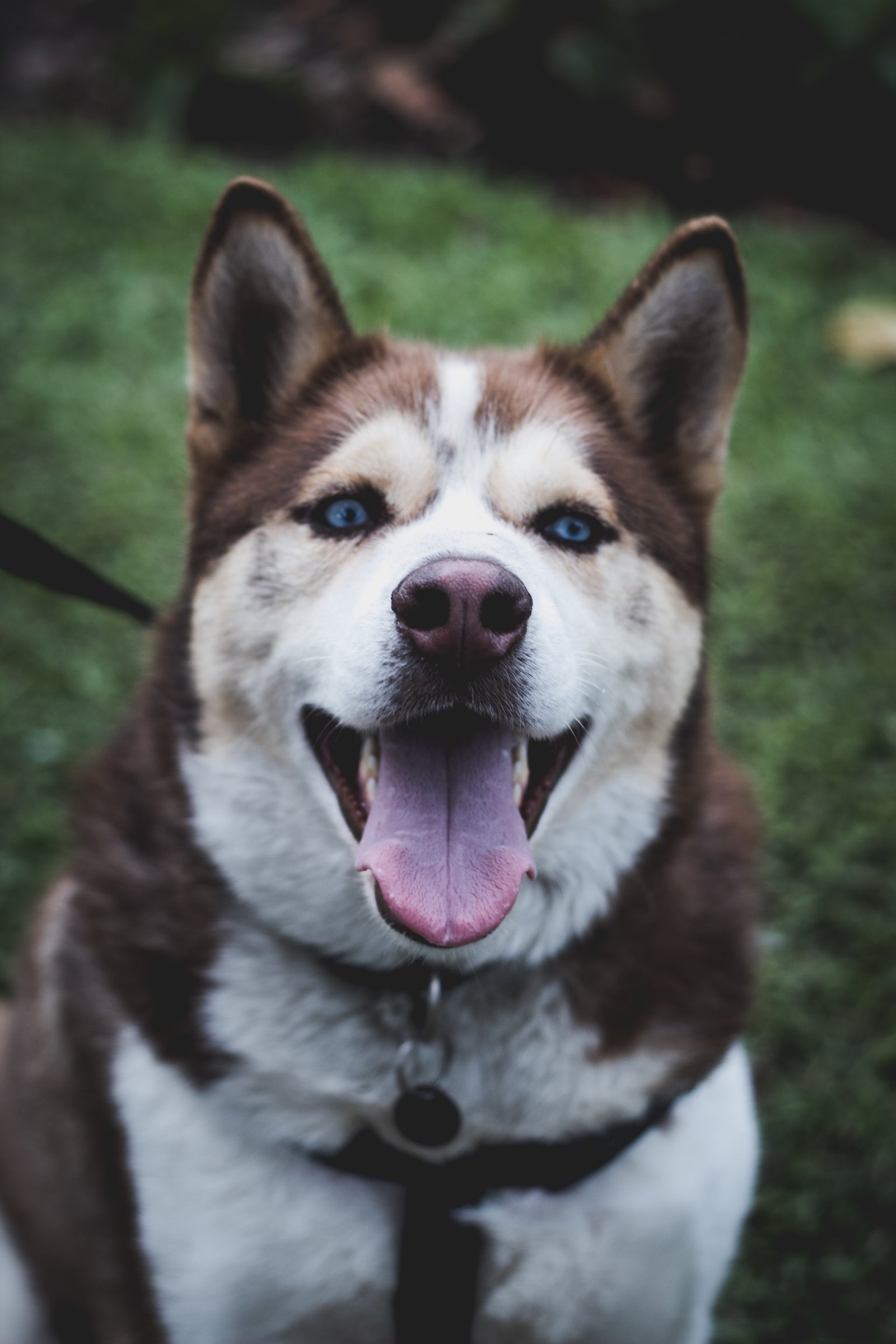
Frequently Asked Questions
Are Siberian Huskies Aggressive?
Siberian Huskies are sometimes accused of being aggressive, but they make excellent companions. They have a reputation for being independent thinkers and may not be the best fit for first-time dog owners.


